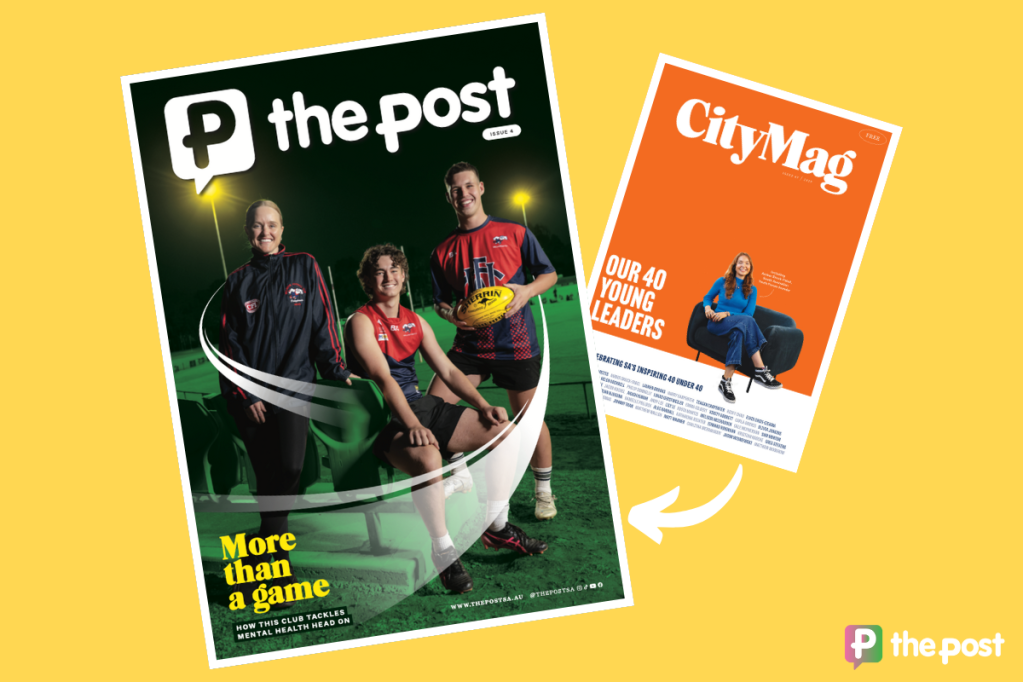A flawed question leads to No for an answer
Recognising the 70,000-year history of Aboriginal and Torres Strait Islander people is what most Australians can agree to, but not when combined with the separate concept of Voice, argues Liberal Senator Kerrynne Liddle.

The referendum asks Australians a single question. A single question containing two notions: recognition in our constitution and permanently enshrining a Voice.
I cannot agree to this proposition.
The Voice is an ill-defined “advisory group” or “committee” for one group of Australians – Aboriginal and Torres Strait Islander peoples to the exclusion of all others.
As an Indigenous Australian, I see the Australian Anthem and the Australian Constitution as representative of all Australians — equally. The Prime Minister could have legislated the Voice and by doing so he would have avoided this unnecessary confusion and at times ugly division.
Also, it has not been explained how this Voice – another layer within an existing and extensive Indigenous Affairs bureaucracy will improve outcomes or improve reconciliation.
You might like
If the Prime Minister wanted to improve the lives of the most disadvantaged peoples he could do so right now by doing more to address the cost of living, but instead, he is distracted and focussed on Voice.
My scepticism was heightened in 2017 when the voice was first publicly mooted and has only increased since sitting in parliamentary hearings, listening to great legal minds disagree about the risk created by the proposed words. Every word matters to the High Court and it will only be that Court that rules on constitutional matters.
This proposition is over-reach. It is risky, unknown, divisive and permanent. Worse, it perversely suggests a perpetual state of disadvantage.
It is absurd to argue that the many working groups, peak-bodies, ambassadors, advocates, commissioners, etc. don’t have opportunity for representation already to both the parliament and the bureaucracy.
Stay informed, daily
Disadvantage does not have to be a constant state – evidenced by the many Indigenous Australians who participate in workforce, education and social life; but there are some left behind and they must be our focus.
The path to better outcomes and overcoming disadvantage lies in the service delivery system and supply chain; the same supply chain in which many yes advocates already work or lead.
The evidence is everywhere that Indigenous Australians already have a voice. I’m one of 11 federal politicians in the Australian Parliament today – and we don’t all agree on everything – except that we want better outcomes.
Indigenous Australians also have a Voice through more than 3000 bodies funded by more than $5.3 billion of Commonwealth Indigenous-specific expenditure while the National Indigenous Australians Agency’s sole purpose is delivery of Indigenous programs. Even the Albanese Government’s Budget Papers use the language of codesign, collaboration – existing concepts, language and practice within government. This happens already.
Recognising the 70,000-year history of Aboriginal and Torres Strait Islander people is what most Australians can agree to, but not when combined with the separate concept of Voice.
This is such an important decision and is not one to be made on emotion, intimidation or for posterity. The question is flawed. The words proposed for the constitution create risk.
Reconciliation won’t end with a no vote and you are certainly not racist.
If you don’t know, vote no.
Kerynne Liddle is a Liberal Senator for South Australia.
South Australian Labor Senator Penny Wong presented the Yes case in a column for InDaily here.








